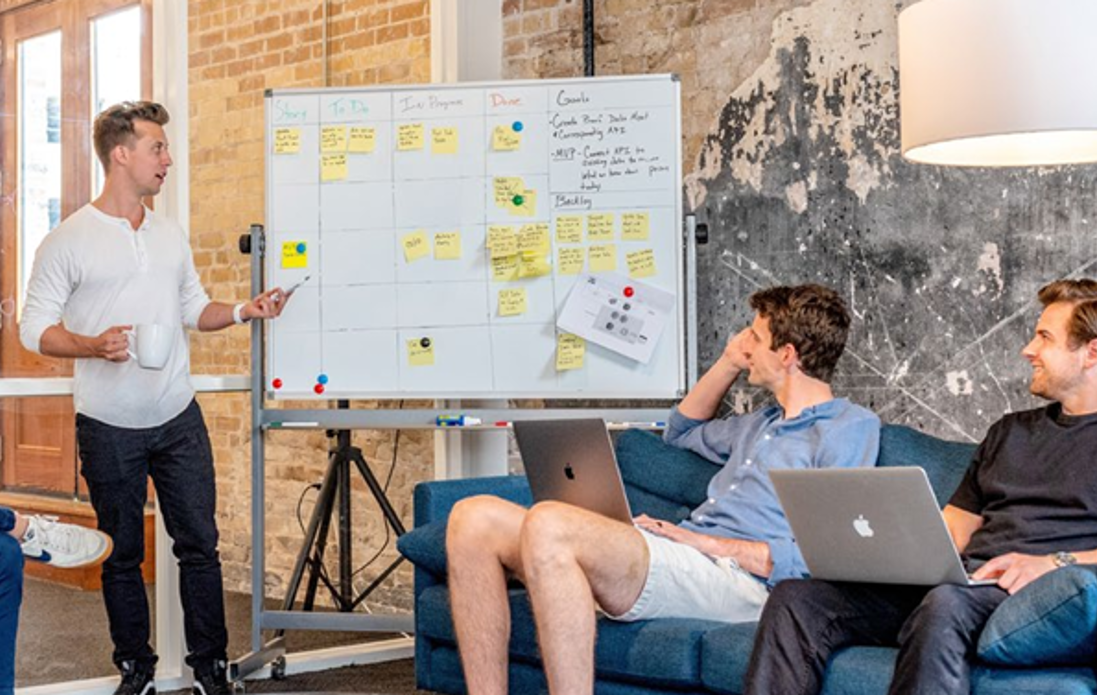#Future, #Office, #Trends
The survey highlights the shift in work environments, focusing on workplace performance rather than merely attendance. Organizations today aim to foster collaboration and growth by designing spaces that blend physical and virtual elements, promoting a cohesive work culture across varied settings. Gensler’s survey underscores the importance of rethinking office spaces to support modern work practices.
Key findings show that high-performing workplaces significantly impact both individual and team experiences. Top employees often work in redesigned spaces, with access to diverse settings for focused work, collaboration, and rest. The data reveals that such environments lead to higher engagement, stronger team relationships, and greater innovation, all essential for success in a dynamic economy. Notably, high-quality buildings also enhance workplace outcomes, with employees in these settings feeling more valued and motivated.
The survey concludes that optimal workplaces transcend traditional setups by incorporating flexible spaces and fostering a sense of well-being and autonomy. To truly elevate work performance, organizations must prioritize both functional and experiential aspects of office design, responding to the varied needs of today’s workforce.
Check the report here: https://bit.ly/3YJUBk1

Adopting a skills-first approach is crucial to overcoming talent shortages and fostering diversity and inclusion.

The Longevity Economy Principles provide guidance to promote financial resilience and healthy ageing, ensuring all generations thrive in a more inclusive and sustainable future.

In the global business framework, Latin America shines as a promising hub for investment and growth. With a vast population and a flourishing middle class, the region presents abundant opportunities for businesses seeking to explore new markets.
Accessibility Tools